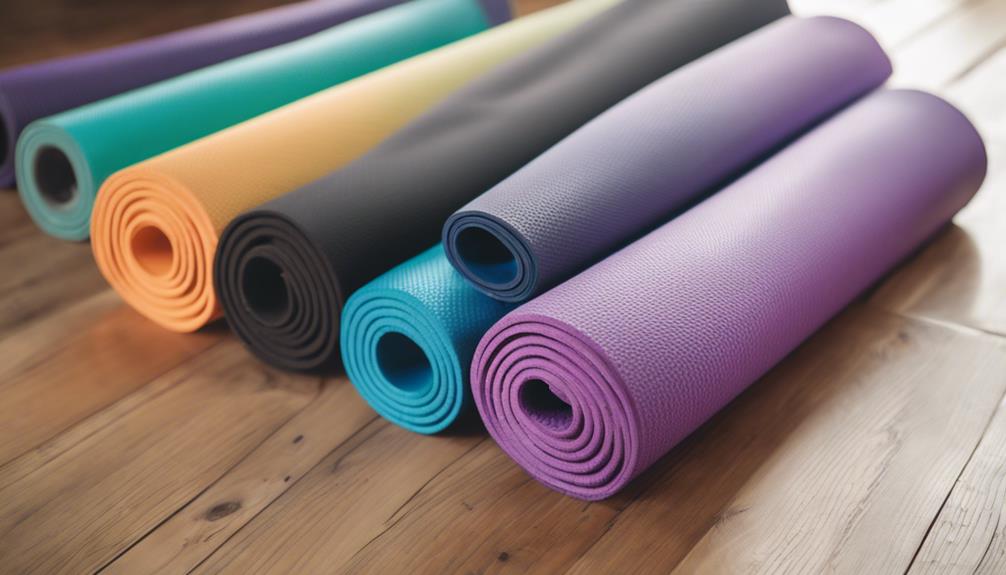
In our fast-paced world, stress seems to be an unwelcome companion for many. As we juggle work, relationships, and a myriad of responsibilities, finding effective ways to cope has become essential. Enter yoga—a time-honored practice that marries movement with mindfulness. But does yoga truly help with stress? Let’s embark on a journey to uncover the joyful impact of yoga on our stress levels and explore how this ancient practice can guide us toward a more peaceful existence.
Stretching Away Stress: Discover Yoga’s Joyful Impact!
Yoga is more than just a series of poses; it’s an art form that transcends the physical. What many don’t realize is that the simple act of stretching can significantly alleviate stress. As we flow through various asanas, our bodies release tension stored in our muscles. Think of it as giving your stress a gentle nudge to leave your body. With each stretch, you may find that the burdens you carry lighten, leading to a happier, more relaxed version of yourself.what is somatic.yogawhat types of yoga are there
Moreover, yoga promotes the release of endorphins—those little chemicals in our brains that make us feel good. Whether you’re in downward dog or enjoying a serene savasana, these endorphins work their magic, creating a sense of euphoria that can lift your spirits. Coupled with the physical benefits of improved flexibility and strength, yoga transforms stress into joy, encouraging us to connect with our bodies and embrace the present moment.
The communal aspect of yoga can also serve as a comforting balm for stress. Joining a class, whether in-person or virtual, invites a sense of belonging and support. Sharing the experience with fellow yogis creates a nurturing environment, reminding you that you are not alone in your struggles. The collective energy in a yoga class can be uplifting, helping you to stretch away not just physical tension, but emotional burdens too, leaving you feeling lighter and more connected.
Breathe, Bend, and Bliss Out: Yoga’s Path to Peacefulness!
Breathing is at the heart of yoga, and it’s one of the simplest yet most powerful tools for managing stress. The practice of pranayama, or breath control, teaches us to harness our breath as a means of calming the mind and body. Deep, intentional breaths can trigger the relaxation response, decreasing heart rate and lowering blood pressure. When we learn to breathe deeply, we signal to our bodies that it’s time to relax, paving the way for a peaceful state of mind.
As you bend and move through various poses, the emphasis on breath helps to anchor you in the present moment. This mindfulness component allows you to step back from the whirlwind of thoughts that often accompany stress. By focusing on the rhythm of your breath, you create an oasis of calm that can be accessed anytime—whether you’re in a yoga studio or stuck in traffic. This newfound ability to center yourself can drastically improve your response to the stressors of daily life.
Finally, the blissful feeling that often follows a yoga session is not merely a product of physical exertion; it’s a result of the intricate mind-body connection that yoga fosters. The meditative aspects of yoga help clear mental clutter, allowing you to cultivate a more peaceful and positive mindset. With regular practice, you may find that stressful situations become more manageable, and a profound sense of serenity envelops you. Embracing yoga’s path to peacefulness can transform how you face life’s challenges, allowing you to bend but never break.
In conclusion, the question of whether yoga helps with stress is met with a resounding yes! With each stretch, each intentional breath, and each moment of mindfulness, yoga offers us the tools to navigate the tumultuous waters of life with grace and ease. It invites us to step out of the chaos and into a state of joyful peace. So, if you find yourself feeling overwhelmed, why not roll out your mat and give yoga a try? Embrace the journey, and you may discover a brighter, more peaceful you, one downward dog at a time!





